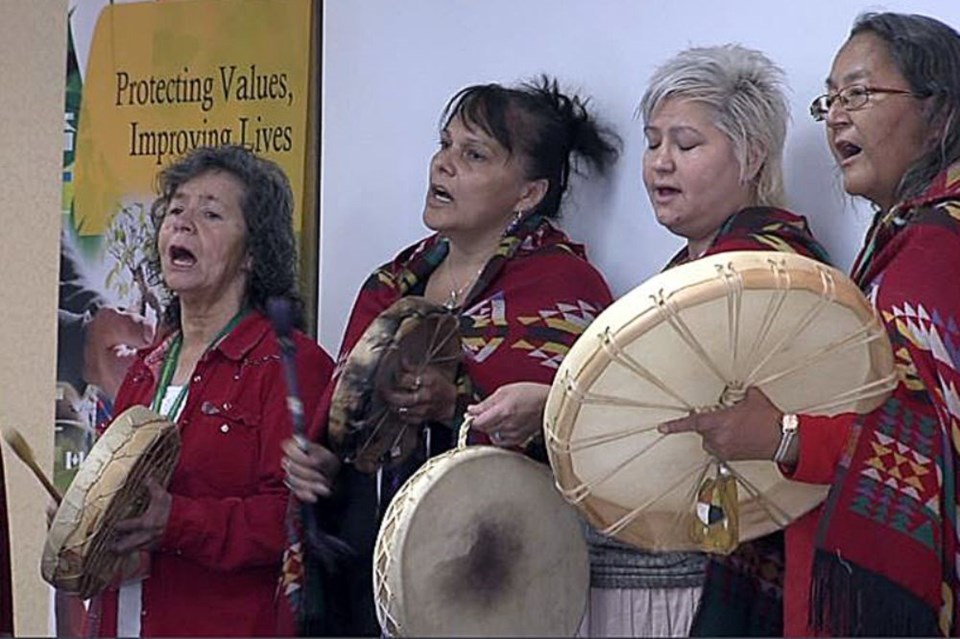THUNDER BAY -- When Premier Gold approached Long Lake #58 First Nation to consult on digging a nearby gold mine, the band hired member Jesse Nadon to do mining of a different sort.
It took Nadon four years to combine the collection of ecological samples with quantified traditional knowledge but his work became instrumental to the First Nation signing a Memorandum of Understanding with the gold company last November.
Nadon is among the trailblazers in a new era of industry-First Nations partnerships where land use planning based on cultural values has become part of consultation and necessary for consent.
"Things have changed in the last 20 years compared to how industry used to work," he said. "Now you have to consult with First Nations."
Developing a template that will not only be acceptable to government and industry but also be environmentally responsible and culturally appropriate has been an exercise in building trust but Nadon said Long Lake 58 is making strides.
"Back in the day, industry basically just lied to them," he said of his community's elders. "They said they'd give them this or that and nothing ever came through. It's convincing them times have changed and that's the battle. But they're coming along now."
First Nations in the Ring of Fire saw a need to share that kind of knowledge between communities six years ago. The Matawa Tribal Council planned the first Northern Ontario First Nations Environment Conference in 2010, knowing the appetite of industry for the North's resources wasn't exclusive to their communities.
The sixth annual event began on Tuesday at the Nor'Wester Hotel, bringing together 120 delegates from across Northern Ontario to share strategies on environment, culture and industry.
Alongside environmental monitoring and First Nation-owned business, sessions also covered practical environmental concerns like remediating contaminated sites and energy conservation.
Planning committee member Natalie Popovic has seen capacity in First Nations improve tremendously since the conferences began as representatives share the ways they're working with their communities and development proponents.
"The people are hearing about so much potential -- and there is a lot of potential in the area -- but how do we get prepared for that potential? I think that's the concern," she explained.
"The opportunity to meet people who've had solar projects or who have participated in biomass projects, all of a sudden you start to get the names and the companies and communities feeling a lot more comfortable to reach out and ask questions themselves, rather than just sitting in the dark."
